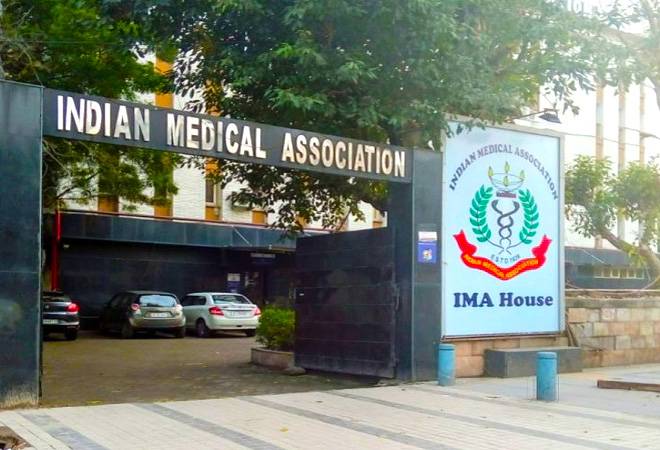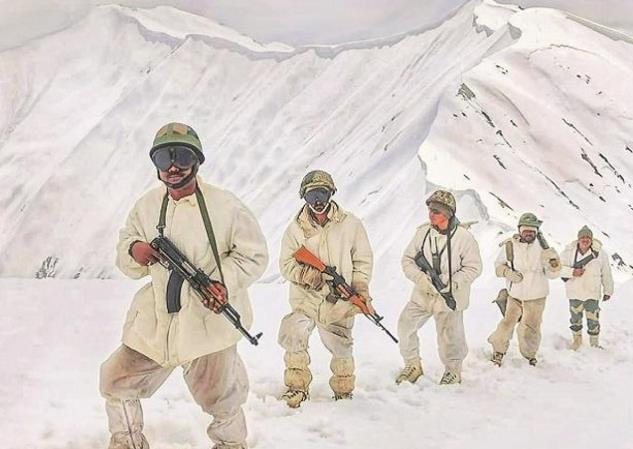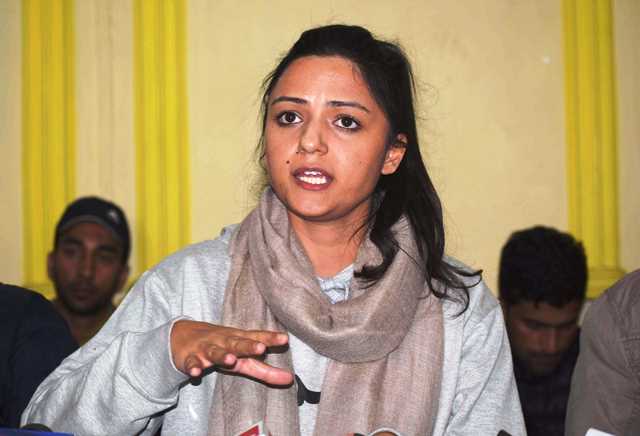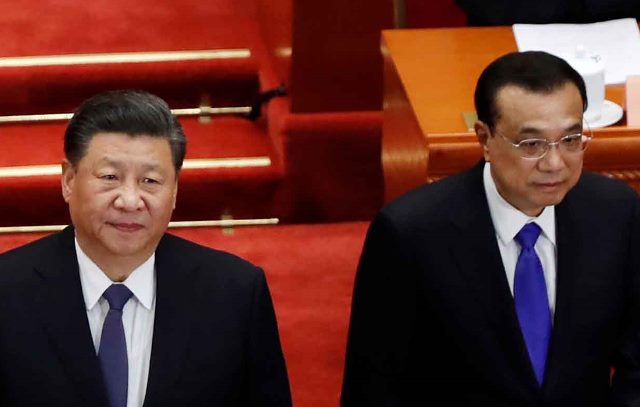Terming their protest as “freedom struggle for modern medicine” from the forces of ‘mixopathy’, the Indian Medical Association (IMA) on Tuesday said it will go on public demonstration activities and withdrawal of non-essential and non-COVID services on December 11, 2020.
In a statement, the medical body said that the emergency services including casualty, labour rooms, emergency surgeries will function along with ICUs, CCUs, but no elective surgical case will be posted.
“Launching the freedom struggle of modern medicine from the forces of mixopathy, IMA has directed public demonstration activities and withdrawal of non-essential and non-COVID services on December 11, 2020, from 6.00 am to 6.00 pm. Emergency services including casualty, Labour rooms, emergency surgeries will function along with ICU’s, CCU’s but no elective surgical case will be posted,” the statement said.
Talking about the protest, Dr Rajan Sharma, national president of IMA said, “The notification of the amendment to the CCIM Act on Postgraduate Ayurveda surgery and the entitlement to study and practice independently have to be seen as another step in advancing and legitimising mixopathy.”
“In fact, the purity and identity of Ayurveda stands equally challenged. That the council prescribed modern medicine textbooks and Ayurveda institutions practiced surgery with the assistance of modern medical doctors cannot be reason enough to legitimise encroachment into the jurisdiction and competencies of modern medicine,” he added.
Adhering to COVID protocols, public demonstrations will be held in small groups of 20 participants between 12 noon to 2 pm on December 8, and all the participants will wear white aprons and sport a stethoscope, along with showcasing placards with slogans against mixopathy.
The medical body added that the objective of these demonstrations is the withdrawal of CCIM order on the surgical disciplines of Modern Medicine and withdrawal of the four committees of NITI AAYOG mixing all systems of medicine.
Dr RV Asokan, Honorary Secretary General of IMA appealed to the government on the medical body’s behalf to consider the sensitivity of the medical fraternity and take appropriate steps in the matter.
“IMA will be constrained to intensify the agitation until the steps towards implementing mixopathy are abandoned. IMA has appealed to all the sister professional speciality organisations, the organisations of medical college teachers, Government Doctors, Resident Doctors Associations apart from medical students and Hospitals Associations to support its cause to retain the separate identity and existence of modern medicine,” said Asokan.
“Today India remains the frontier of modern medicine in both evidence-based and clinical streams. Advanced and sophisticated surgeries and procedures are done at a fraction of the cost than in the West. Indian doctors are supporting Health Systems globally,” IMA added in a statement. (ANI)





